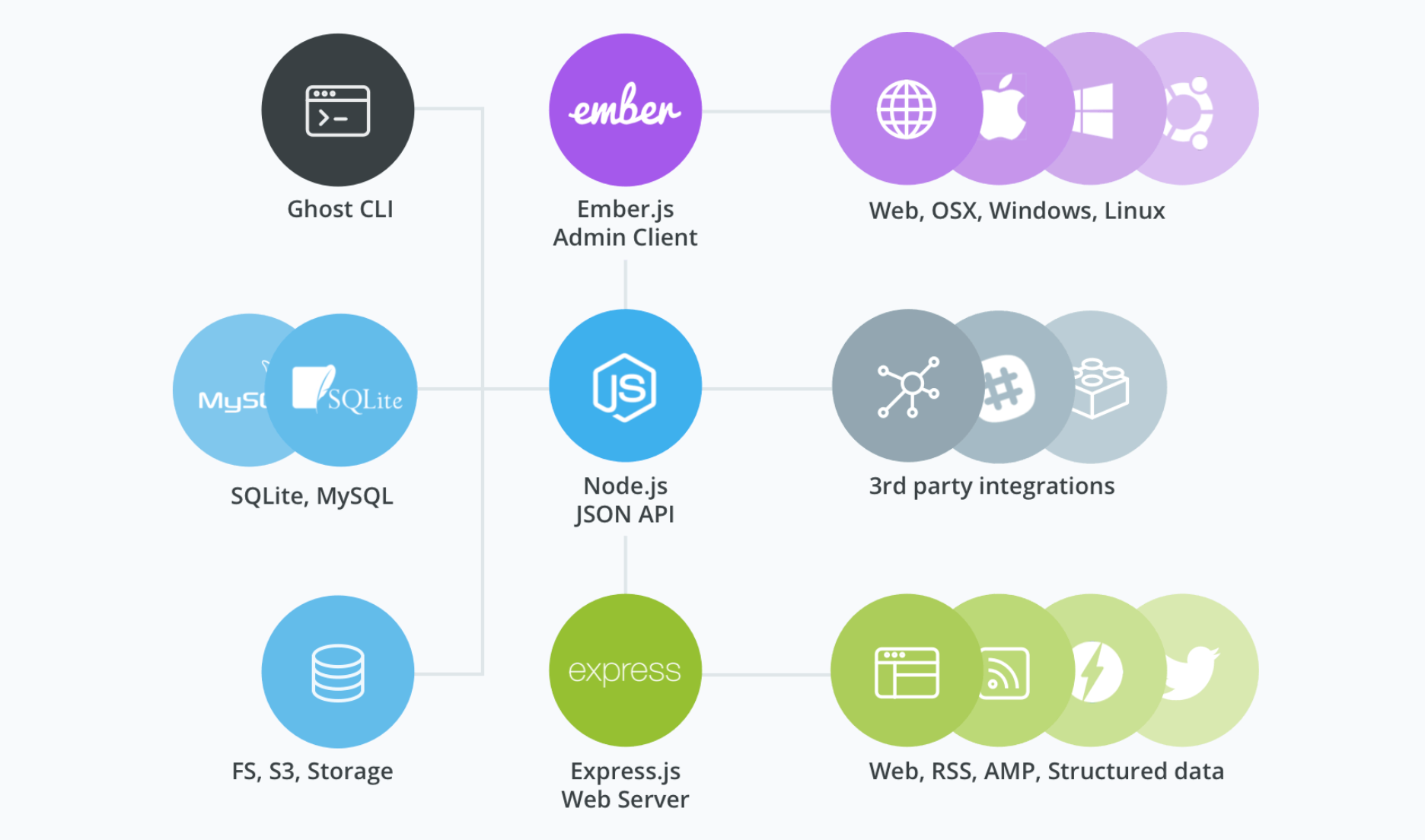Hello, world! (again)
Let's try this one more time. After a few failed attempts at this "blogging" thing, I've returned to Ghost. As it turns out, building your own blogging platform from scratch is a lot of work, and worst of all, most of that work involves front-end development.

Let's try this one more time. After a few failed attempts at this "blogging" thing, I've returned to Ghost.
As it turns out, building your own blogging platform from scratch is a lot of work, and worst of all, most of that work involves front-end development. As much fun as I had learning about structured data, I was tired of compromising on writing experience in exchange for the faux street-cred of being able to call my blog "roll your own." In the end, because the experience was so poor, I ended up writing nothing at all beyond a couple of paragraphs of meandering filler. On the upside though, Ghost seems to have improved substantially over the last few years. There are still many features I will have to implement myself, but for now I'm content to try and accomplish those as plugins using the Ghost API. As a result (at least for the interim) ndl.im will exist as some sort of Frankensteinian montage of my original Node/Express/Mongo stack - handling the index and custom pages - and blog.ndl.im as a space for prose, built on Ghost's Node/Express/MySQL/Ember stack.
I'm also interested in having a play with theming Ghost, as all of the third-party themes available in the official marketplace and through themeforest seem lacklustre at best. Casper isn't terrible, but I'm very particular when it comes to this sort of thing. I'm also toying with the idea of building out a Python client API library, just for shits and giggles. It's unlikely that I'd ever use such a thing, but it appears to be something the developers themselves are aiming for. Potential Google Summer of Code project, perhaps? I guess we'll see.
It's my aim to make this blogging business a weekly endeavour. My next challenge will be setting up code blocks and syntax highlighting (again) using prism.js. It may even end up being worth documenting the process.
